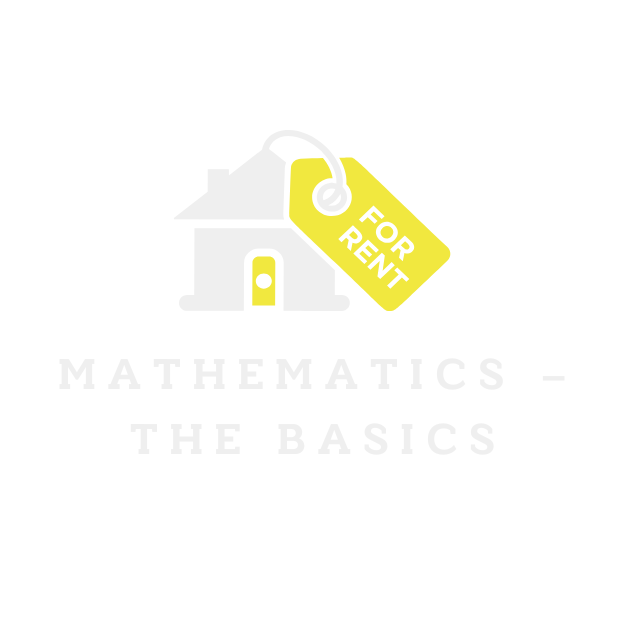Buying a home for the first time can feel like trying to climb Everest in flip-flops. The thrill of homeownership is often overshadowed by the daunting task of saving for a down payment. But what if there was a way to lighten that financial load? Enter down payment grants—your secret weapon in the quest for the perfect pad.
Table of Contents
ToggleOverview of Down Payment Grants for First-Time Buyers
Down payment grants assist first-time homebuyers in overcoming financial hurdles. These grants offer funds that do not require repayment, making homeownership more attainable. Various local, state, and federal programs provide these grants.
Eligibility criteria for down payment grants can differ based on program guidelines. Many programs require buyers to meet specific income limits, often set as a percentage of the area’s median income. Applicants may also need to complete homebuyer education courses, designed to equip them with essential knowledge about the purchasing process.
Common down payment grant amounts range from $5,000 to $25,000. These grants can cover a significant portion of the down payment, reducing upfront costs for buyers. Some programs offer assistance as a percentage of the home’s purchase price, which can enhance affordability further.
Time-sensitive availability affects many down payment grants. Some offer funds on a first-come, first-served basis, while others may have specific application windows tied to funding cycles. Local housing authorities typically manage these programs, making it essential for applicants to stay informed about their offerings.
Understanding the impact of down payment grants on mortgage options proves beneficial. Buyers using these grants might secure better interest rates or favorable loan terms. Additionally, combining a down payment grant with a first-time homebuyer loan can amplify chances of securing financing.
Researching local and state resources provides invaluable insights for interested buyers. Many online platforms display available programs, guiding users through eligibility requirements and application processes. In sum, down payment grants serve as a vital resource for first-time homebuyers seeking to ease their financial burden.
Types of Down Payment Grants

Various down payment grants exist to support first-time buyers, easing the financial barriers to homeownership. These programs come from federal, state, and local sources, each with distinct features.
Federal Programs
Federal programs provide substantial assistance to first-time homebuyers. The Federal Housing Administration (FHA) offers down payment assistance loans, which generally come with lower interest rates. Additionally, the USDA Rural Development program provides grants and loans for eligible low-to-moderate-income buyers in rural areas. Veterans may access the VA Home Loan program, which includes down payment assistance options exclusively for military personnel and veterans. These federal programs often aim to increase accessibility, making a meaningful difference for many buyers.
State and Local Programs
State and local programs cater to specific community needs and often vary by region. Many state housing finance agencies offer down payment grants with varying amounts, typically ranging from $5,000 to $25,000. Local municipalities may also implement their own initiatives, such as the City of Los Angeles’ Neighborhood Housing Services, which supports first-time buyers with various assistance options. Eligibility frequently depends on meeting income limits and completing homebuyer education courses. These targeted programs play a crucial role in helping intending homeowners secure financing and navigate the real estate market effectively.
Eligibility Criteria for Down Payment Grants
Eligibility for down payment grants varies by program but commonly includes specific requirements, such as income limits and credit score minimums.
Income Limits
Many down payment grant programs impose income limits to ensure assistance reaches those in need. Typically, these limits align with federal guidelines but can differ by state and local jurisdictions. For instance, a program may restrict eligibility to households earning less than 80% of the area median income (AMI). Applicants must confirm their income level through documentation such as pay stubs or tax returns. Local programs often tailor their criteria to address community needs, potentially offering higher limits in areas with higher living costs. Understanding income requirements before applying helps buyers determine eligibility and streamline the application process.
Credit Score Requirements
Credit score requirements for down payment grants also play a significant role in eligibility. Many programs set a minimum score, commonly ranging between 620 and 680. Good credit scores improve the chances of approval and may qualify buyers for better mortgage terms. Applicants typically access their credit scores through agencies like FICO or VantageScore, allowing them to assess their financial standing. Some programs may provide flexibility for applicants with lower scores, particularly those who can demonstrate consistent payment histories or complete financial counseling. Meeting credit score thresholds ensures buyers maximize their opportunities for funding assistance.
How to Apply for Down Payment Grants
Applying for down payment grants involves specific steps to ensure eligibility and maximize funding opportunities. First-time buyers should explore local, state, and federal programs relevant to their needs.
Application Process
Begin by researching available grants based on location. Locate programs offered by local housing authorities or state finance agencies. Completing a homebuyer education course may be a prerequisite for some programs. Applicants typically submit an application form, detailing personal information and financial status. Many organizations allow online applications, streamlining the process. After submission, expect notifications regarding the status of the application, which may include interviews or additional information requests.
Required Documentation
Gather essential documents before applying for down payment grants. These may include proof of income, such as recent pay stubs or tax returns. Documentation of assets, including bank statements, should also be prepared. Credit reports provide insight into the applicant’s creditworthiness and may be requested by grant providers. Identifying personal identification, such as a driver’s license or social security card, remains critical. Some programs may require proof of completion for homebuyer education courses, further supporting the application.
Benefits of Down Payment Grants
Down payment grants provide significant financial relief for first-time homebuyers. Funds from these grants do not require repayment, helping buyers significantly reduce upfront costs. Grant amounts typically range from $5,000 to $25,000, making homeownership more accessible. Programs often arise from local, state, or federal initiatives, allowing buyers to find support tailored to their needs.
Reducing barriers to homeownership is another crucial benefit. Many individuals struggle to save enough for a down payment; grants help alleviate this challenge. Programs often establish income limits, ensuring assistance reaches those most in need. Grant availability may depend on timing due to first-come, first-served structures.
Qualifying for better mortgage options is a notable advantage. Grants may enhance buyers’ financial situations, potentially leading to lower interest rates and favorable loan terms. Various programs also encourage completion of homebuyer education courses, equipping buyers with essential knowledge for successful homeownership.
Eligibility criteria for these grants generally include minimum credit score requirements. Maintaining a good credit score can improve approval odds, with many programs requiring scores between 620 and 680. Flexibility often exists for applicants with lower scores who demonstrate consistent payment histories or complete financial counseling.
Navigating the application process proves more manageable with grants available. First-time buyers often appreciate the simplicity of applying, which usually involves submitting personal and financial information along with essential documents. Proof of income, bank statements, and identification are standard requirements, enhancing transparency in the process.
Overall, down payment grants function as a pivotal resource for first-time buyers seeking to overcome financial obstacles in homeownership.
Down payment grants can significantly change the landscape for first-time homebuyers. By providing essential financial support without the burden of repayment, these grants make homeownership a realistic goal for many. With various programs available at federal, state, and local levels, prospective buyers have a wealth of resources to explore.
Understanding eligibility requirements and the application process is crucial for maximizing these opportunities. By taking the time to research and prepare, first-time buyers can unlock the door to their new homes. Ultimately, down payment grants not only reduce upfront costs but also pave the way for a brighter financial future in homeownership.


